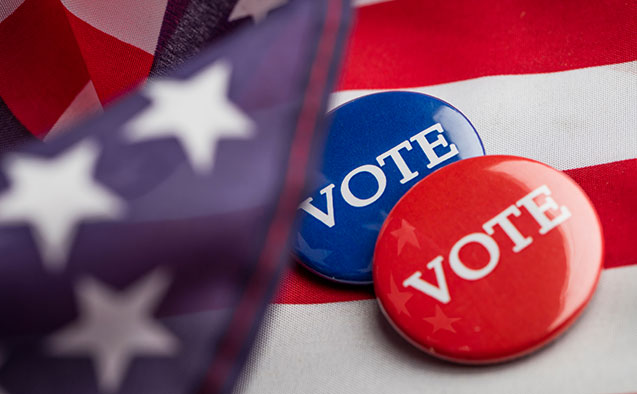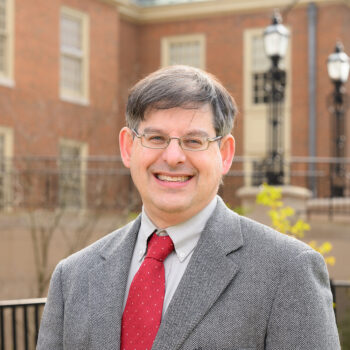Election predictions: Economist shares insights from political betting markets

For more than two decades, Professor and Burchfield Presidential Chair of Political Economy Koleman Strumpf has studied political betting and its long history in U.S. politics. He is available to provide commentary on why political betting is a more reliable method for predicting election outcomes than polling and how political prediction markets work.
Strump is a highly sought-after expert who has been featured in dozens of national media outlets, including CNBC, Intelligencer and CoinDesk.
A market doesn’t delay information. A market doesn’t spin numbers. A market just gives you numbers,” political economist Koleman Strumpf said in this interview with Freakonomics on How to Predict the Presidency.

In the final stretch to November 5, Strumpf shares insights into prediction markets after a Federal judge cleared the way this month for betting on U.S. elections.
Q: Election markets are bringing in billions of dollars. What are you seeing after the recently lifted ban on election betting?
A: The court rulings have led to a flurry of betting on sites like Kalshi and Interactive Brokers. Other sites like PredicIt, Betfair and Polymarket continue to see a steady inflow of bets. So in short, the market is growing.
Q: Will more people be betting more in these last weeks?
A: If history is any guide, less than half of all bets have been placed. In other words, the volume will at least double between now and the election.
Q: What are prediction markets showing for election results, and are they in alignment with polling?
A: Betting markets are showing more of a tilt towards Trump than polls. But both are trending in his favor, in particular in the battleground states.
Q: Will election markets change the polling system?
A: This is a good question that has no easy answer. Polling is already facing many challenges, given how people interact with phones and the unrepresentative nature of online polls. Pollsters have had a monopoly on forecasting elections for decades in the U.S.; it will be interesting to see how they respond to this new alternative.
Email strumpks@wfu.edu to request an interview or send a question.
A complete list of Wake Forest political experts can be found on the University news website here.



